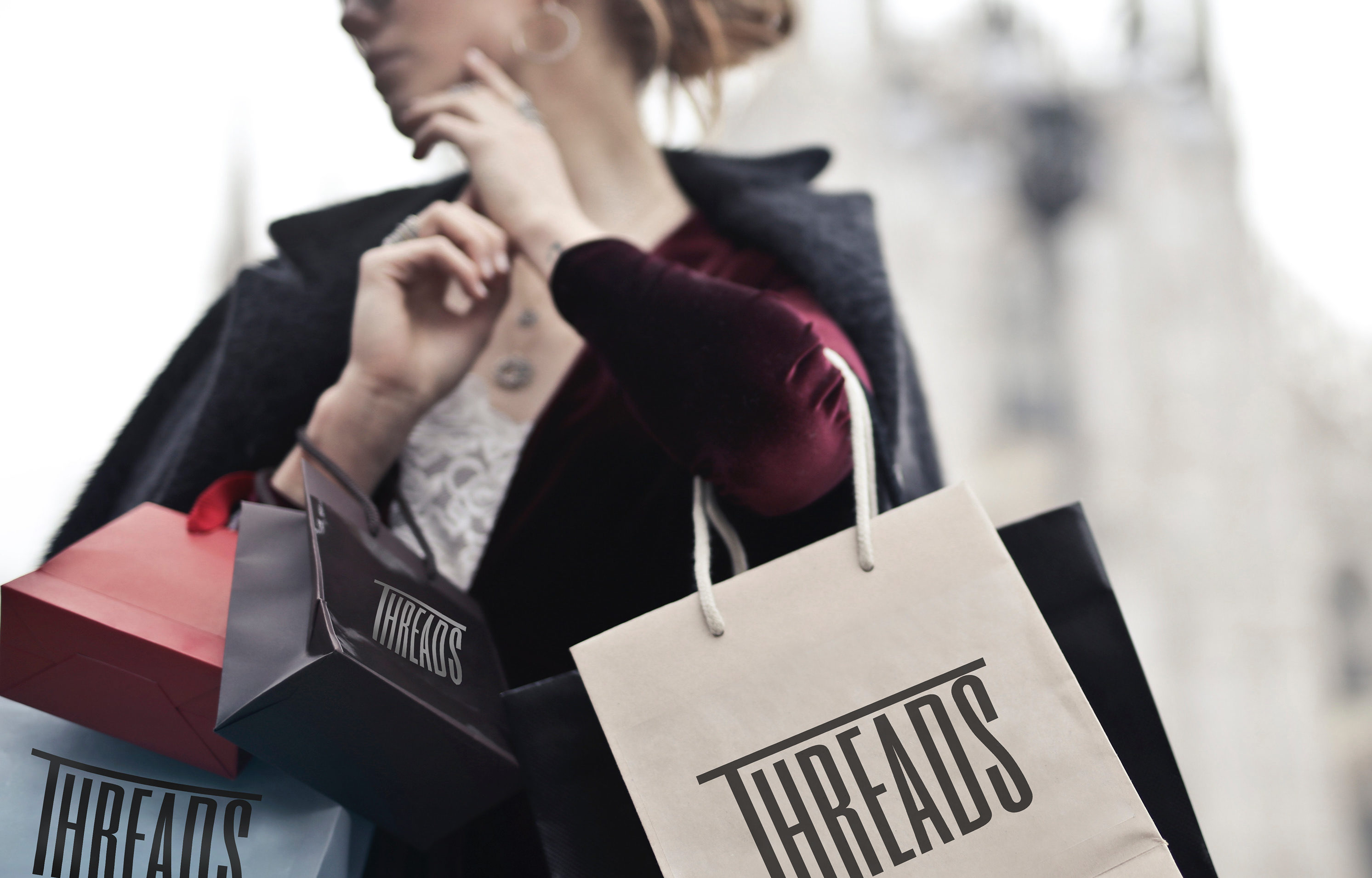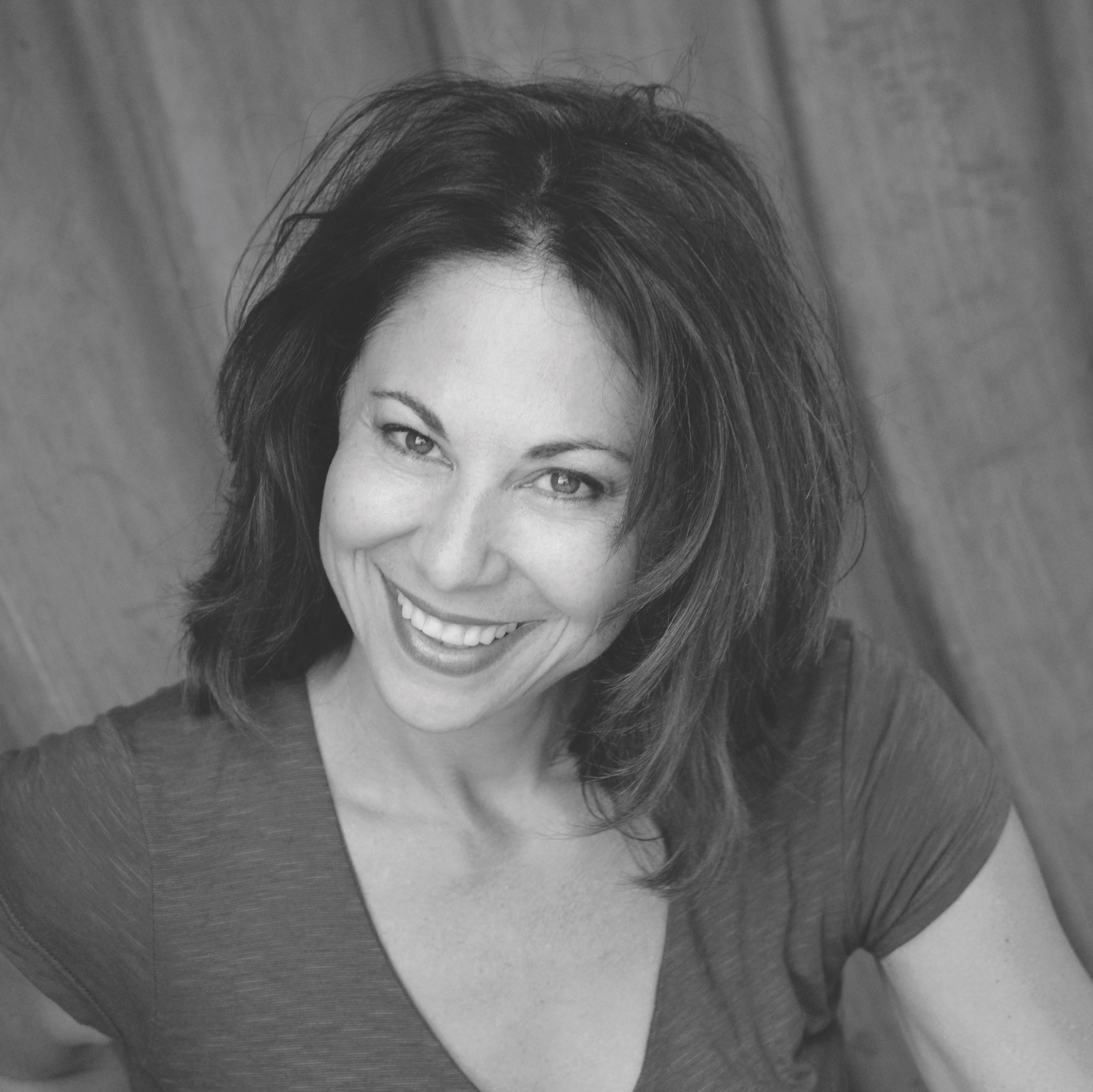 Photo by Pinterest
Photo by Pinterest Reading about all the disturbing events in the world today, it’s easy to feel overwhelmed or angry, to fear that nothing you do will make a difference.
But it doesn’t have to be that way.
Last year, I had the opportunity to work with former State Department employee-turned-social entrepreneur Jane Mosbacher Morris on a book about conscious consumerism. What I learned surprised me. Paying attention to our purchases can make a huge difference. A cup of coffee we buy or an order of bags with company logos can provide water to a Haitian family, schooling for girls in Guatemala, or independence to survivors of human trafficking in India. While the idea of saving the world through shopping generates plenty of skepticism, it turns out to be a powerful and appealing way to practice tikkun olam.
Our book tells Morris’ story. While working at the State Department on counterterrorism and women’s empowerment, she drafted the department’s first Women in Counterterrorism Strategy. When she traveled to help implement it, she met women in developing countries who lacked power to speak up for their views about even small issues, such as what they wanted for dinner. The problem wasn’t just cultural, in Morris’ view; the women had little or no money of their own nor any way to earn it, making them vulnerable to the will of others. As victims of human trafficking, natural disasters or ongoing conflicts, they also lacked critical economic agency. The women wanted jobs to rebuild their lives.
“Paying attention to our purchases can make a huge difference.”
In India, Morris met an American woman running a sewing cooperative, employing survivors of sex trafficking. Morris was inspired by the bags these women created, and the fact that the artisan industry is the second-largest commercial activity in the developing world. Morris quit her job and started a company connecting artisans to consumers and companies here.
Here are a few ways our purchases can create change:
Don’t eschew Starbucks: While I was going out for coffee, my companion avoided Starbucks because it’s perceived as a big, bad chain. But Starbucks is a leader in supply-chain transparency and ethical sourcing. Coffee professionals credit Starbucks with normalizing the idea of spending nearly $2 for a cup and paying attention to where the beans were sourced. In Guatemala, Starbucks signs three-year contracts with coffee farms, paying above commodity prices. Starbucks partnered with Conservation International in Chiapas, Mexico, to improve the technique and livelihood of coffee farmers there, and helps protect a critical area of biodiversity. Not convinced? Buy Tarzana-based Kishe Coffee’s women-grown Guatemalan beans.
Find out who made your jeans, and how: The fashion industry is one of the worst polluters and exploiters in the world — but it’s getting better and more transparent, due in part to consumer and investor pressure. On open.sourcemap.com, type in a product to see where its materials originated, and the trade routes taken. Fashion conglomerate VF uses Sourcemap for many of its products, including Jansport backpacks, Lee jeans and Timberland footwear and clothing. For corporate swag, check out L.A.’s Homeboy Industries for customized products made by former gang members whose lives have been turned around through empathy, therapy, education and employment.
Chocolate’s back story: Nearly 100 artisanal, bean-to-bar chocolate companies have sprung up in the U.S. in the past decade, founded largely by social entrepreneurs eager to raise the standard of living of cacao farmers, empower women and/or improve education, health care and nutrition. Look for bars that are $3 or more — a good sign that farmers were well-paid. Check out San Francisco-based Dandelion Chocolate; Amano Artisan Chocolate of Orem, Utah; Raaka Chocolate of Brooklyn, N.Y., and Askinosie Chocolate of Springfield, Mo.
I’ve long worked as a journalist and author of books telling my story. Collaborating gave me a chance to help Morris tell her story, and to learn about a new set of issues and industries. This is another way we can practice tikkun olam: using our skills to support someone else’s mission, harnessing our strengths to help others do good.
Wendy Paris is the co-author of “Buy the Change You Want to See: Use Your Purchasing Power to Make the World a Better Place” (Penguin Random House), due out this month.























 More news and opinions than at a Shabbat dinner, right in your inbox.
More news and opinions than at a Shabbat dinner, right in your inbox.